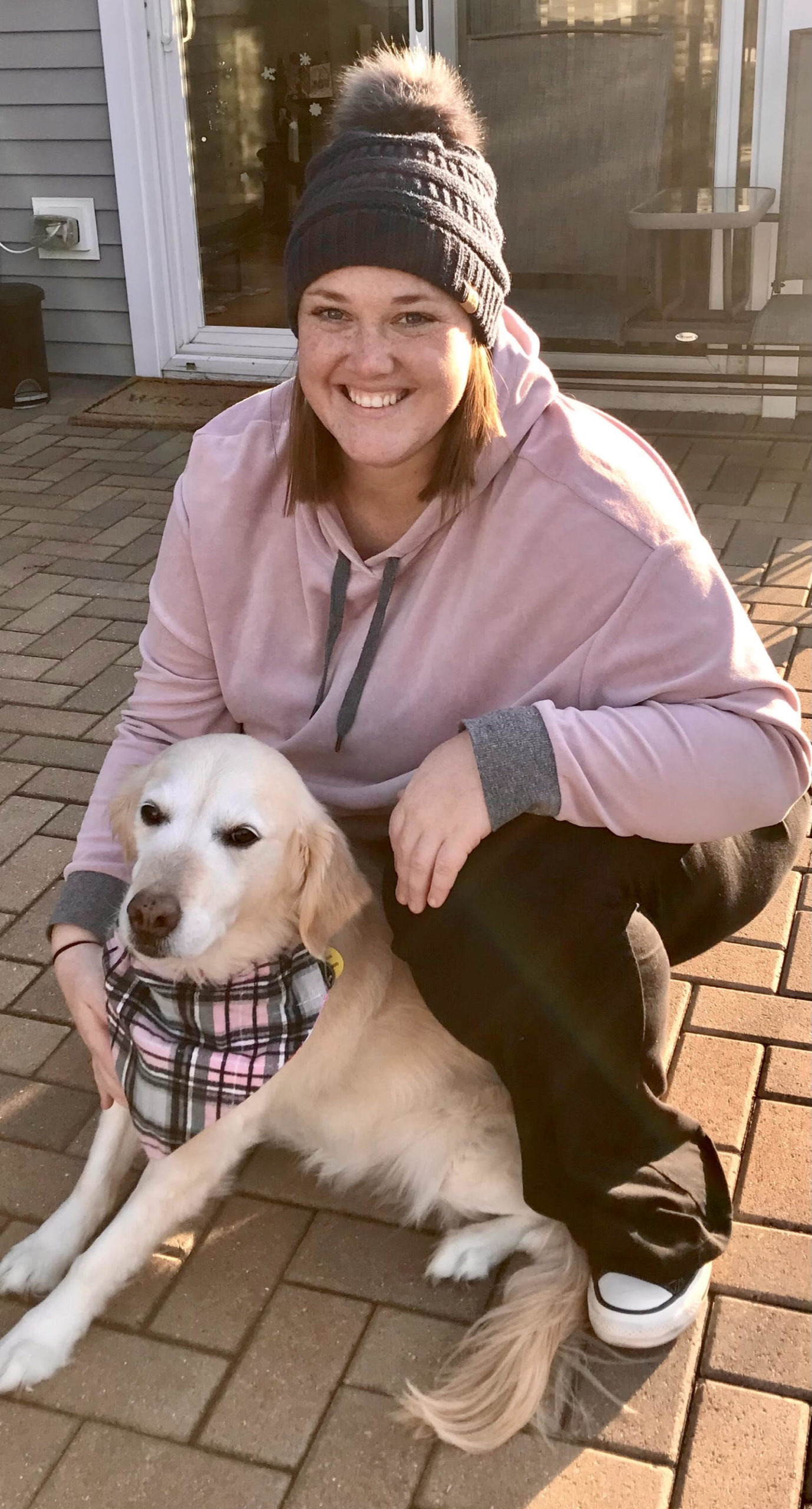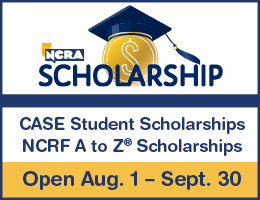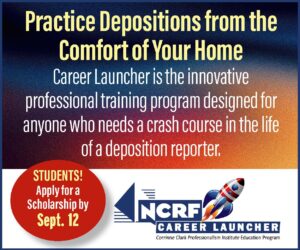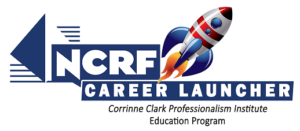This interview was conducted in December 2020 for the NCRA student newsletter Up to Speed. Colleen Hanson is a recent graduate of South Suburban College (SSC) in Oak Forest, Ill.
UTS | How did you first get the idea of being a court reporter? Did you have another career before you started at South Suburban?
CH | After graduating high school, I went to college to become an occupational therapist. I have grown up alongside my uncle who is autistic, so I have always had a passion for helping those with special needs. I soon realized this wasn’t the path for me. After coming home from school and trying to figure out my next step, my mom mentioned court reporting. At a young age I loved typing and even asked for typing games for Christmas. After doing some research on court reporting, I realized it was a perfect fit for me. I love the competitiveness of trying to be better and faster than I was before, and I also loved the idea that I could eventually become a captioner and work in an industry that is close to my heart.
UTS | What is the best advice you’ve been given so far?
CH | After transferring to SSC, my teacher LaTherese Cooke taught me that it’s not only about speed. Since starting school, I was taught speed is the most important thing and to get something down for everything. I was writing and practicing at such high speeds that when it came to writing at my goal speed and below, I couldn’t read any of my notes. From writing at high speeds consistently, I was able to get something down for everything, but I wasn’t accurate. After speaking with Ms. Cooke, not understanding what I was doing wrong and why I wasn’t progressing, she suggested I start practicing at lower speeds and concentrating more on accuracy. This allowed me to slow things down to become more accurate, but also get that extra push writing above my goal speed. After changing my practice up, I passed my final speed tests feeling comfortable and confident. So even though I do think speed is important, accuracy is also just as important.
UTS | What do you do when you aren’t working?
CH | About two years ago I certified my dog to be a therapy dog. I love taking her on visits to different places such as treatment centers and hospitals. It’s amazing to see her interacting with patients and to see the joy that she brings them. I have found that this is not only good for Hailey but also for me. Being with Hailey is very calming and takes away any anxiety I may be experiencing.
UTS | What does passing the Registered Professional Reporter (RPR) certification mean to you? Can you share anything about your testing experience?
CH | To me, the RPR is that final step that will solidify that I am a licensed reporter and I completed what I set out to do. Passing my RPR has been a very emotional and stressful journey. The thought that everything is riding on this 5-minute test and that just 1 percent can keep you from passing can be a lot of pressure. Like any exam, it’s scary and nerve-wracking going in your first time, but after taking a few tests and feeling comfortable with the testing atmosphere and process, I felt much more relaxed. I found that taking the practice exam a week prior was helpful. I was not only able to get a feel for how I would do on the real exam, but also knowing that I knew the testing setup helped me feel more prepared.
I finished school in early fall and have been taking portions of the RPR along the way. I currently have one portion left, the testimony at 225 words per minute.
UTS | What have you been doing since graduation and where do you see yourself in five years?
I will start out freelancing and eventually become an official. Once I start working in the field and become more experienced, I plan to work toward my Certified Realtime Reporter (CRR) certification. Not only will this help improve my writing, but it will also get me closer to my goal of becoming a captioner. I am very interested in captioning and feel it would be very rewarding.








